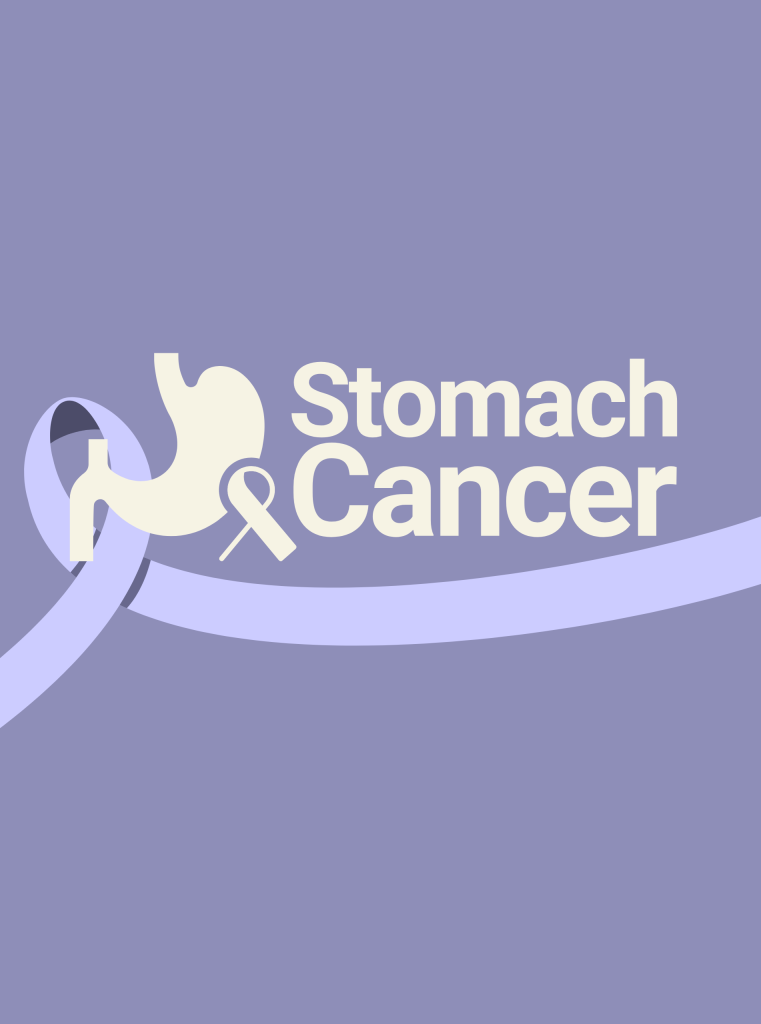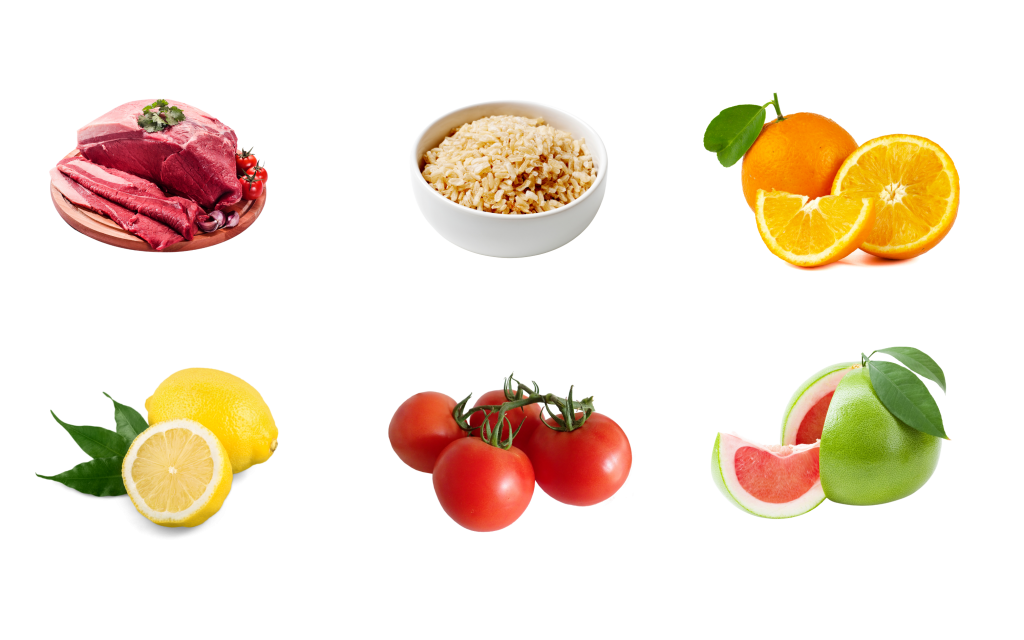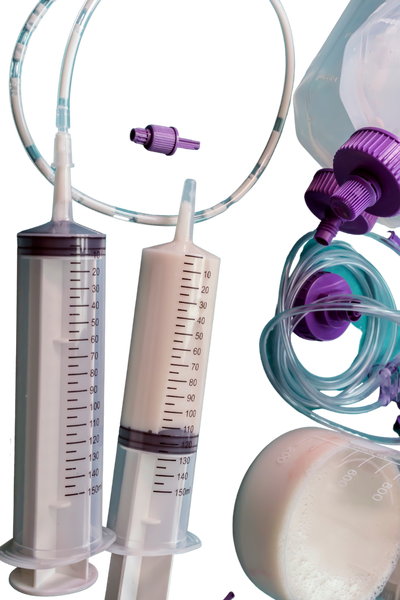



I believe cancer is not an uncommon disease nowadays. In fact, cancer is the second leading cause of death worldwide right after heart disease. Cancer arises when abnormal cells grow uncontrollably and start invading or spreading to other organs, including the stomach.
Stomach stores and digests food. Juices and muscle contractions in the stomach break down food into a thick fluid before moving into small bowl, where the nutrients absorption take place. Stomach cancer arises when cells in any part of the stomach grow and divide abnormally- tumour.

Stomach cancer (a.k.a gastric cancer) is the sixth most common cancer among men and the tenth most common cancer among women in Malaysia. Apart from gender, the incidence of stomach cancer is also varied between different races with the distribution as shown below:
Stomach cancers may not cause symptoms in the early stage. The common symptoms are listed as follows:



Following a healthy and balanced eating pattern.

Surgery is often part of the treatment for stomach cancer that has not spread. The surgery may involve removing part of the stomach (partial gastrectomy) or all of the stomach (total gastrectomy), depending on where the cancer is in the stomach. The remaining parts of the digestive system will then be stitched together for swallowing and digestion.
After the surgery, eating and drinking from mouth are not allowed. Instead, a feeding tube will be placed with special feeding formula fed into the small bowel to allow the join between the oesophagus and small bowel to heal.
Once the tube is removed after 3-4 weeks:

Every major operation has its own risks and complication. The anatomical changes in the digestive system after gastrectomy may lead to malabsorption of some nutrients, such as iron and vitamin B12, causing anaemia. The common symptoms of anaemia include tiredness, pale skin, breathlessness, loss of appetite and many more.
Here are some nutrition tips for anaemia:
1. Consume foods rich in iron (e.g. meat, eggs, liver, fish and softened dark green leafy vegetables)
2. Consume fruits and vegetables high in vitamin C to increase iron absorption from foods
(e.g. papaya, guava, orange, broccoli, bell pepper)
3. Avoid drinking tea and coffee with meals as these beverages may hinder the iron absorption








Dr. Loong Yik Yee
龍奕裕 医生
Consultant Physician & Gastroenterologist
Ever heard of people calling blueberries, broccoli, green tea, tomatoes, and other fruits and vegetables ‘superfoods’? This word is used to describe foods that supposedly improve health and prevent diseases like cancer, but this is not backed up by science.
It’s true that a healthy, balanced diet can help to reduce the risk of cancer, but it is unlikely that any single food will make much of a difference on its own.
Life Care Diagnostic Medical Centre Sdn. Bhd. 200401034597 (673106-V)
Bangsar South
WhatsApp: 0122343610
1st Floor, Wisma Lifecare,
No. 5, Jalan Kerinchi, Bangsar South,
59200 Kuala Lumpur
Cheras South
WhatsApp: 01127213620
19A-2 & 19B-2, Block E, Kompleks Komersil Akasa,
Jalan Akasa, Akasa Cheras Selatan,
43300 Seri Kembangan, Selangor
Operating Hour:
Monday – Friday: 8.00am – 5.00pm
Saturday: 8.00am – 1.00pm
Sunday & Public Holidays: Closed
